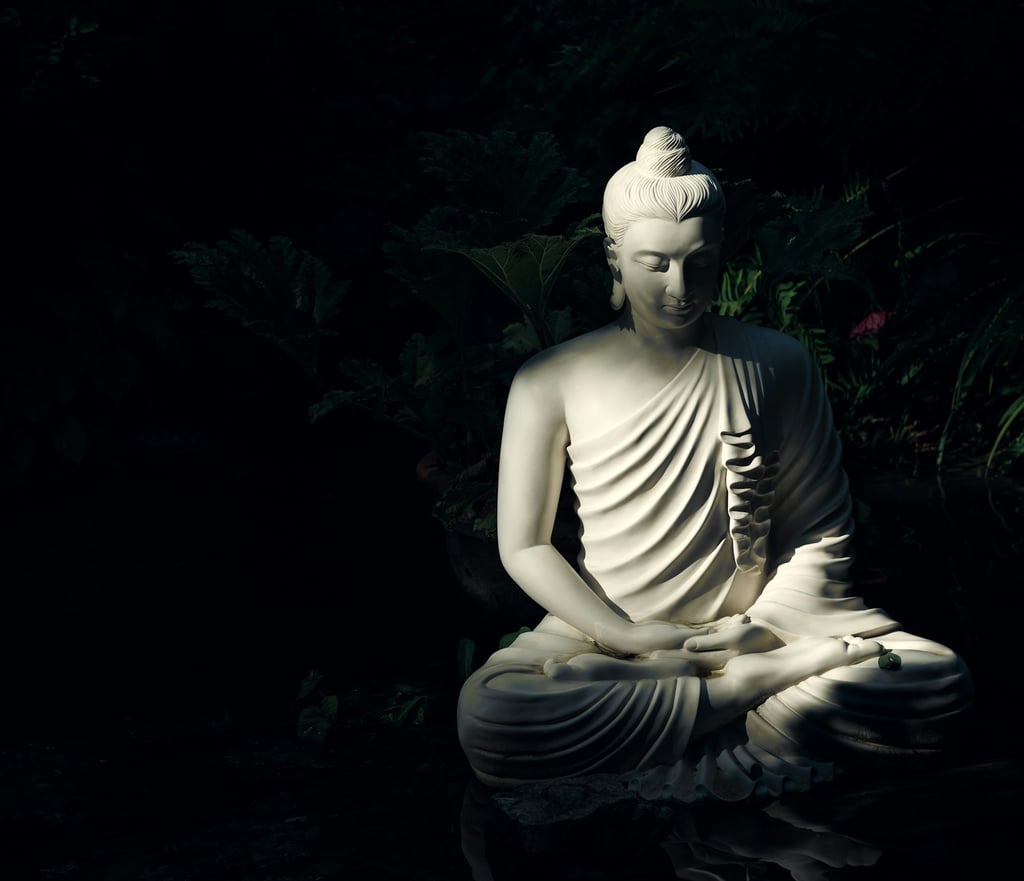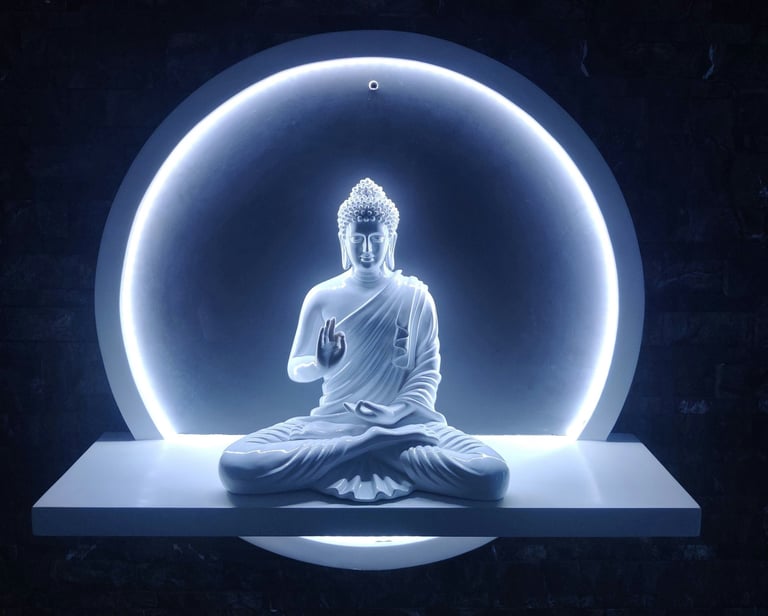The Concept of Dukkha
How a basic concept from Buddhism can help you navigate life's challenges
4/20/20243 min read


Disclaimer
This is not an article on Eastern philosophy. Rather, this is an explanation of one way your mind works, how it can trick you and how you can control it.
The basic concept
In the teachings of Buddhism, the concept of Dukkha holds great significance. Dukkha is a Pali word often translated as "suffering" but it encompasses a much broader meaning. Understanding its principles can provide us with a valuable insight into the nature of life and how to navigate its challenges.
Dukkha refers to the inherent dissatisfaction or suffering that is an integral part of human existence. It acknowledges that life is filled with imperfections, uncertainties, and the inevitability of change. Whether it is physical pain, emotional distress, or the general dissatisfaction that arises from unmet desires, Dukkha reminds us that life is not always as we wish it to be.
Worth noting, is that Dukkha does not imply a pessimistic worldview. Instead, it encourages us to recognise and accept the realities of life, embracing them with wisdom and compassion.
How it can help you
One of the basic ideas is that we often perceive ourselves and the world through distorted lenses, creating false expectations and judgments that contribute to our suffering. Here's how a little understanding can help you keep your sanity in an insane world.
One example:
Those of us who drive our cars are well aware that many other drivers can be incompetent, rude or downright dangerous. If you commute to work, you probably see this every day.
Nevertheless, the human mind places an expectation of a level of competence on other drivers - a level of competence that we know not all drivers will meet.
Then, when the car in front does something unexpected, or another driver aggressively cuts us off, we often get annoyed all because our expectation does not match the reality.
Another example:
You make a phone call to your electricity supplier and inevitably go into a holding queue waiting to speak to a customer service representative.
After 30 minutes of waiting, you are abruptly cut-off and the call disconnects.
How much this upsets you, is entirely up to you. While it may seem perfectly natural to have a desire of throwing the phone through the window, or having the urge to grab a cutlass, hoist the flag and set sail for the callcentre, you can consciously control this.
By accepting that these occurrences are not bugs in the system, but rather an intrinsic aspect of life, you will absorb them more easily. In fact, like most things, the more you perform this mental exercise, the easier it will get and the more naturally it will come to you.
Understanding the concept of Dukkha can provide a valuable framework for negotiating both the minor, and the major setbacks in life.
Buddhist teachings compare life to riding on a cart with a badly fitted wheel. Sometimes, the cart will jump and upset the quality of the ride. If we accept these jolts as a part of the ride, we will suffer far less than if we have somehow convinced ourselves that there is nothing wrong with the wheels.
So the next time you are held up in traffic, the fast food restaurant botches your order, or the plumber fails to turn up on time, remind yourself that you're simply riding on a cart with a wobbly wheel.
The more you do it, the better you'll get.
Pain is inevitable, but suffering is optional




The greatest of victories
is the victory over oneself
cover pic by amit kumar


